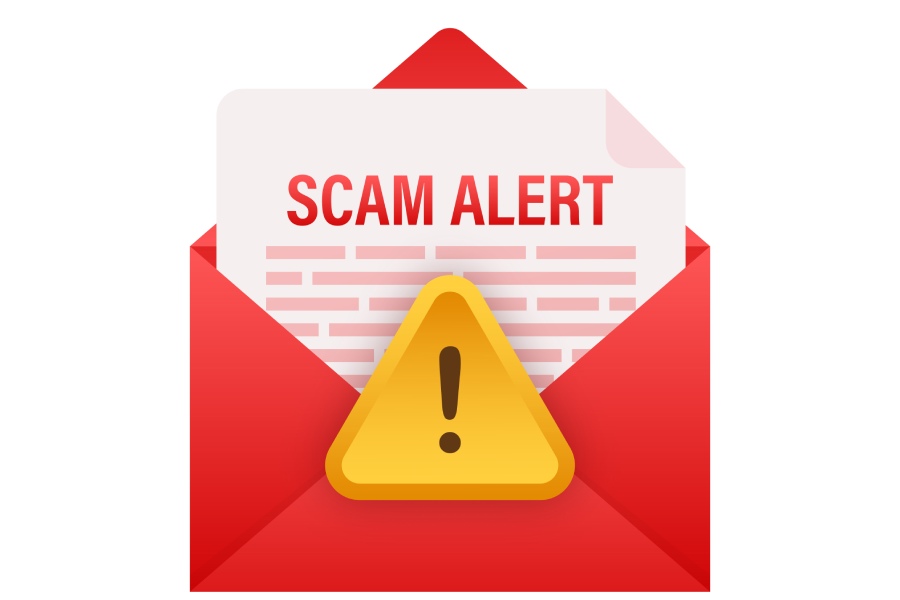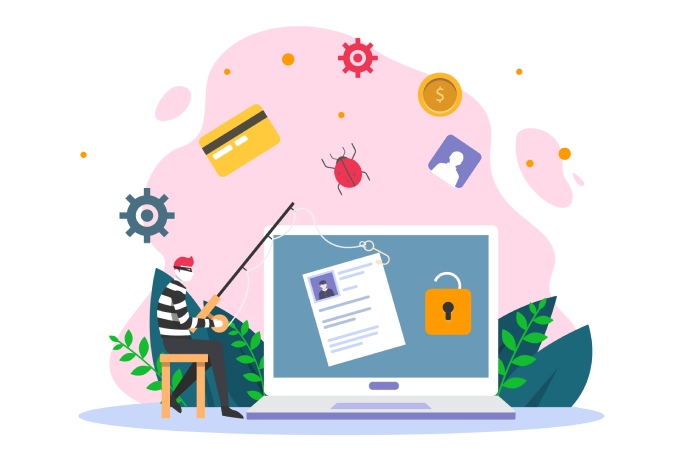In today’s digital age, phishing emails are one of the most common ways malware and viruses are spread. While most people are familiar with phishing scams, phishing emails are a little different than other types of scams.
Not only do phishing emails interact with users through spam mail or phishing emails sent to their inbox, but they also often carry malicious attachments or links that direct users to sites infected with malware or viruses. Phishing emails are spread through spam emails and spam messages. So ensure appropriate phishing protection solutions when you are online.
Look out for fraudulent requests for these online services and strive to generate safe protection on your Google account and Gmail.
What Phishing Is
A phishing email seems to be sent directly from your bank and asks for account information for use in fraudulent transactions.
Phishing messages or content may show up.
- Give your own or account information.
- Tell you to click links or download files.
- Impersonate a reputable organization, like your bank, a social media site you use, or your workplace.
- Impersonate a complete stranger, like a coworker or family member.
- Look exactly like a message from the organization or person you trust.
Avoid Phishing Messages & Content
To help you avoid con artists and unscrupulous offers, follow these tips.
1. Pay attention to warnings from Google
Whenever Google sends you a notification letter, it will be displayed in the lock screen of your phone. Do not tap on any pop-ups or read hyperlinked words in the notification. Wait until all alerts are cleared before you open links or acknowledge attachments.
2. Never respond to requests for private info
Don’t provide personal information via email, text message, or phone call. Save yourself your budgetary information, such as your earnings and finances.
- Username and password, including password modifications.
- Social Security or government identification number.
- Bank account numbers of entities.
- Personal identification numbers (PIN).
- Credit card card numbers.
- This page enumerates a birthday.
- Other information, such as your mother’s maiden name, is confidential.
3. Don’t enter your password after clicking a link in a message
Google won’t send you any emails if you have a Google account and are signed in.
If a website’s address ends with “.pt” and he asks your Google, gmail, or other email account password, simply go to the site you want to use.
Is a potential security alarm that is false in myaccount.google.com notifications a possibility? From there, I can subscribe to a view of recent security activity for my Google account.
4. Beware of messages that sound urgent or too good to be true
Scammers take advantage of emotions to manipulate you.
- Beware of urgent-sounding messages
For example, be wary of urgent-sounding emails that seem to come from somewhere else. - Your friend or relative might forward you a message, so be careful of messages that seem random or have a lot of info that came from easy online sources. To establish a connection with your recipient, use the most common means of communication.
- Phishing scams often take the form of errand boys, tax collectors, law enforcement officials, or health-care providers. To verify that the request is useful, call the numbers or websites provided by your target.
- Beware of messages that seem too good to be true
Scam messages should be thoroughly examined and avoided. For example, do not be fooled by scams.
- Don’t send cash to unverified addresses or release personal info without knowing who is contacting you.
- Romance scams. Never send money or personal info to anyone you meet online.
- Do not send money or private information to someone who claims you won a contest or sweepstakes.
5. Stop & think before you click
Scammers often attempt to push unwanted software via emails, social media, or texts. Avoid clicking links from unknown or untrustworthy sources.
Report Phishing Emails
Note that a phishing email either contains hidden details that might be harmful, or possibly contains a scheme. We may highlight or hide it, and could also have it moved to Spam or quarantined if it reveals incorrect information.
In conclusion, Don’t open any email that asks to send money to someone or asks you to click on a link to update your account information. You are about to be hacked.



